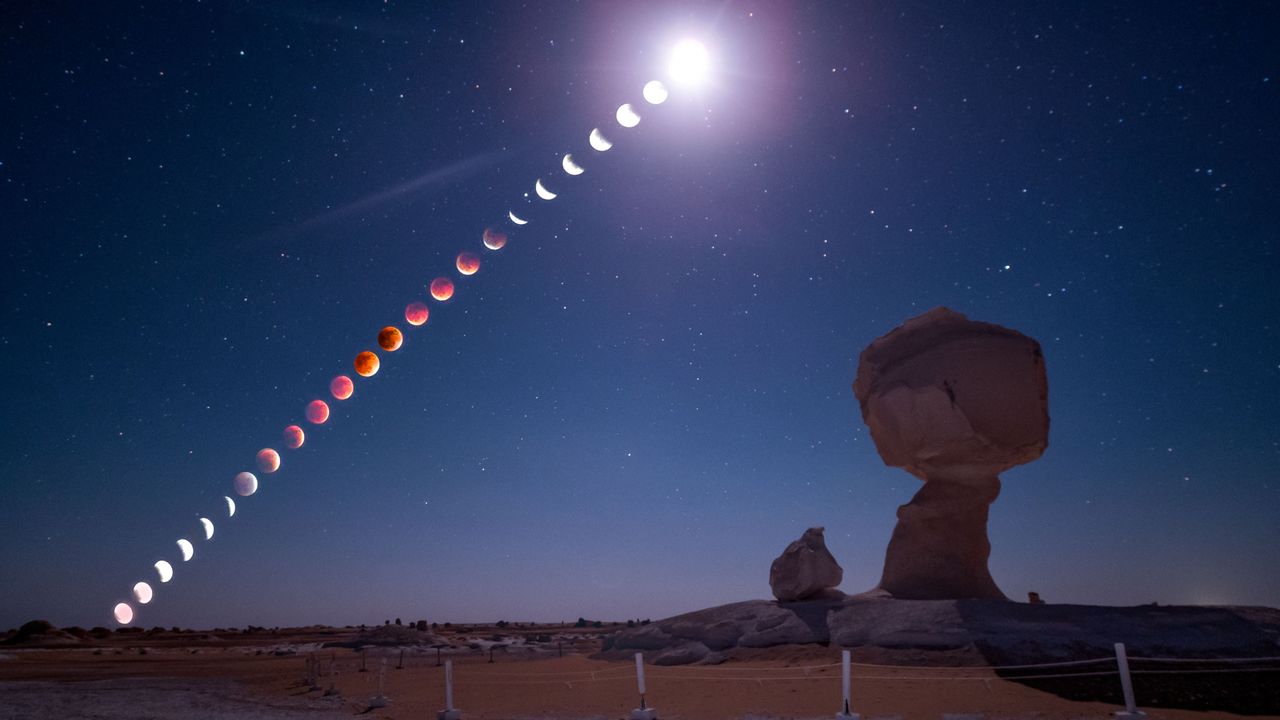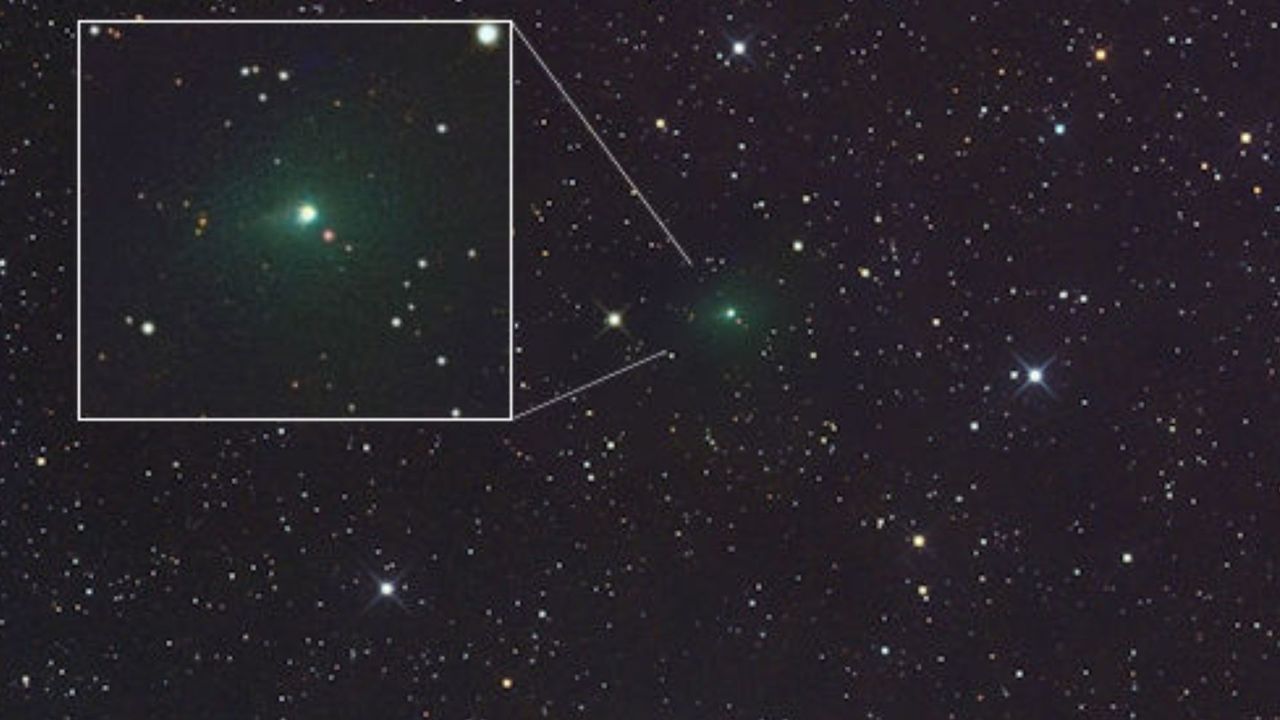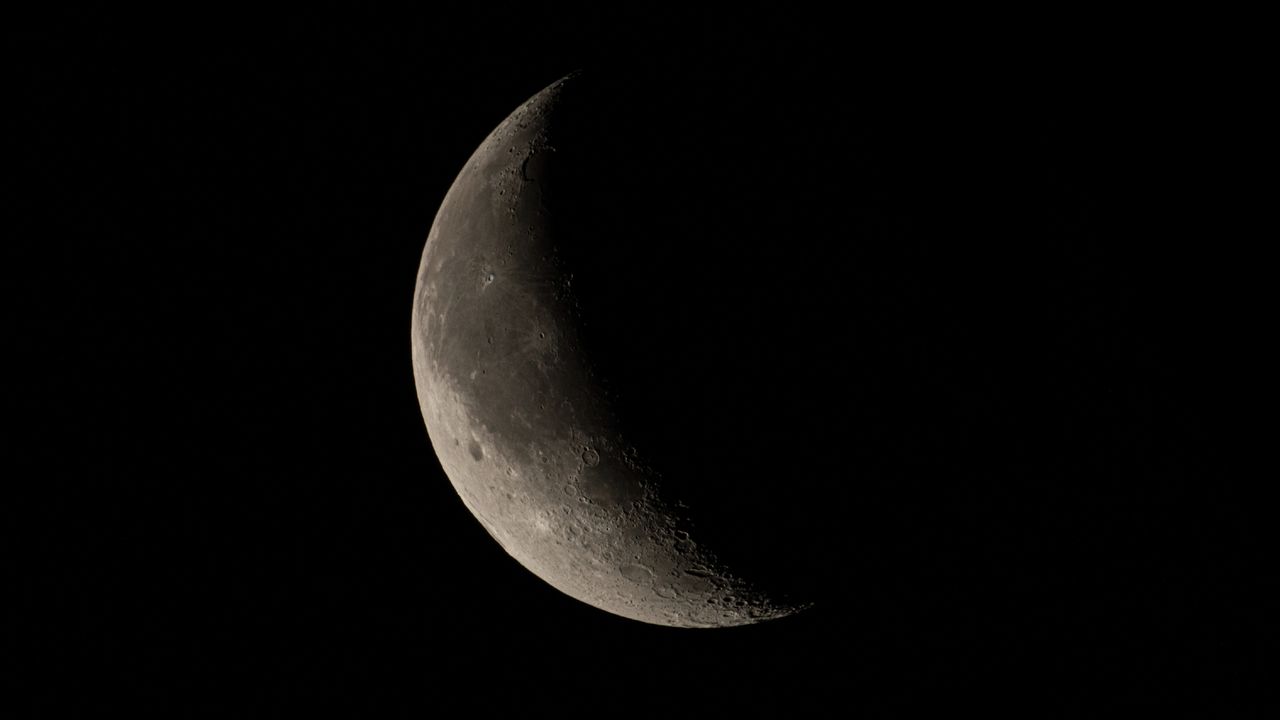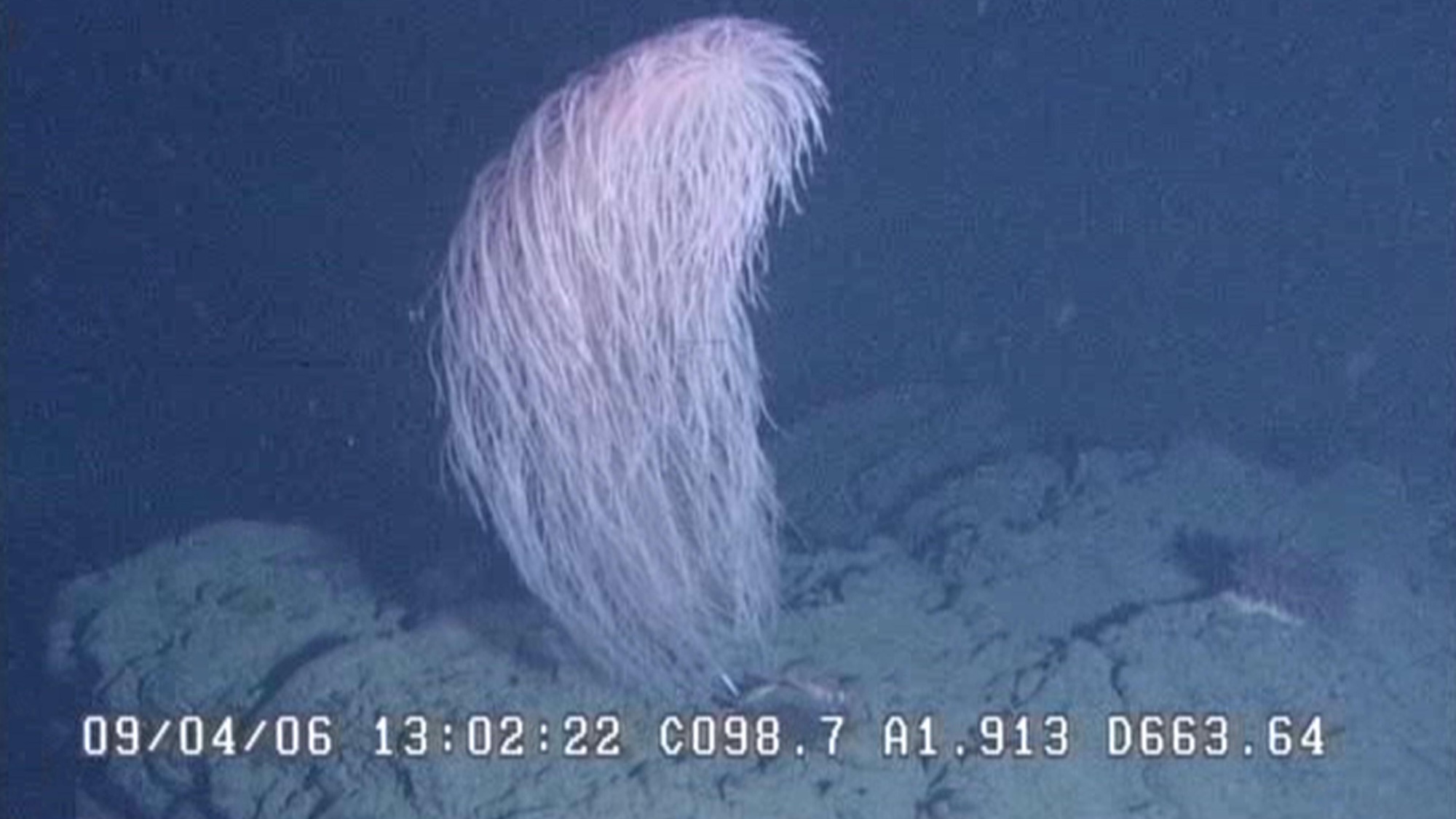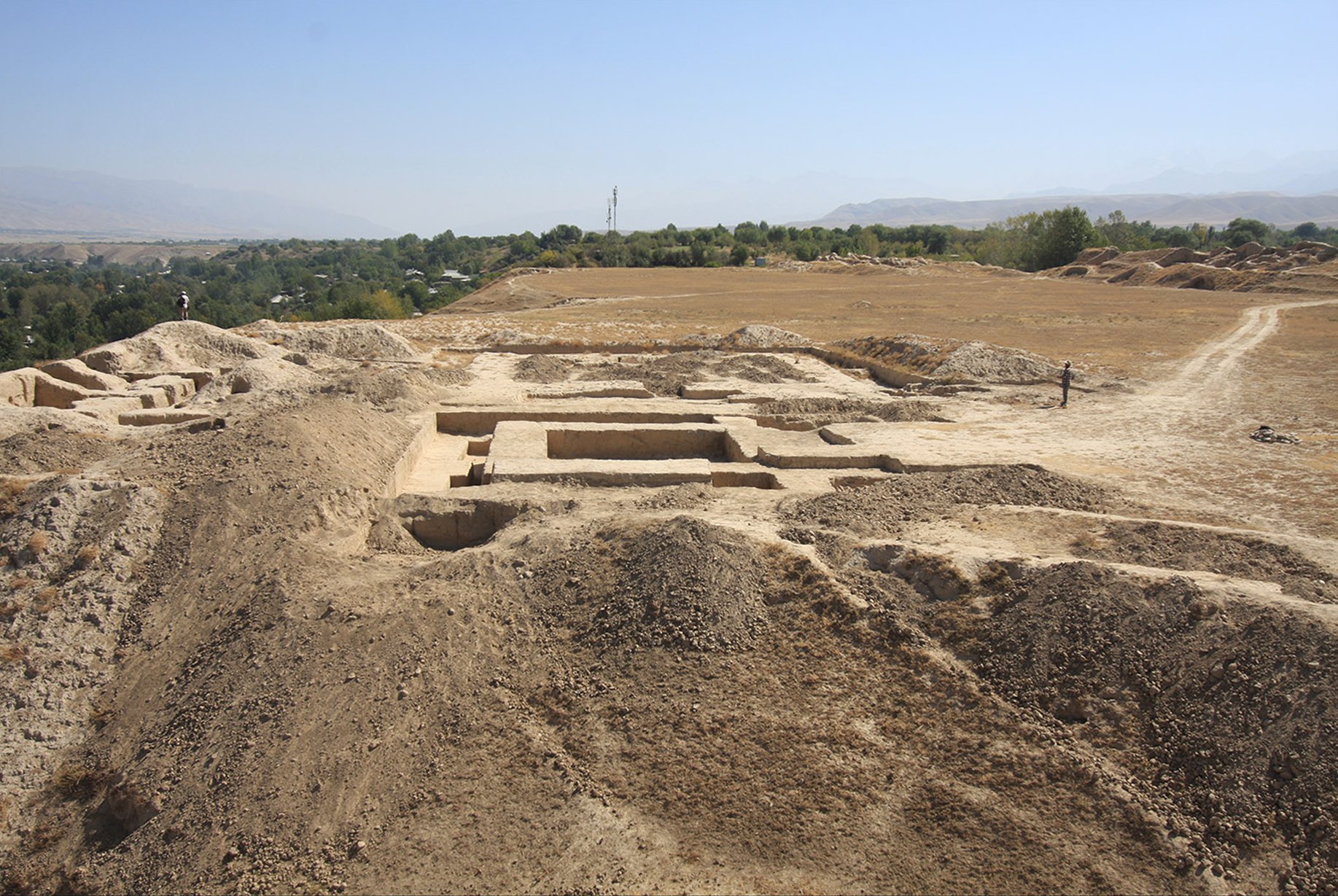Don't miss the beautiful summer Milky Way next week as the new moon goes dark on Sept. 21
PositiveScience
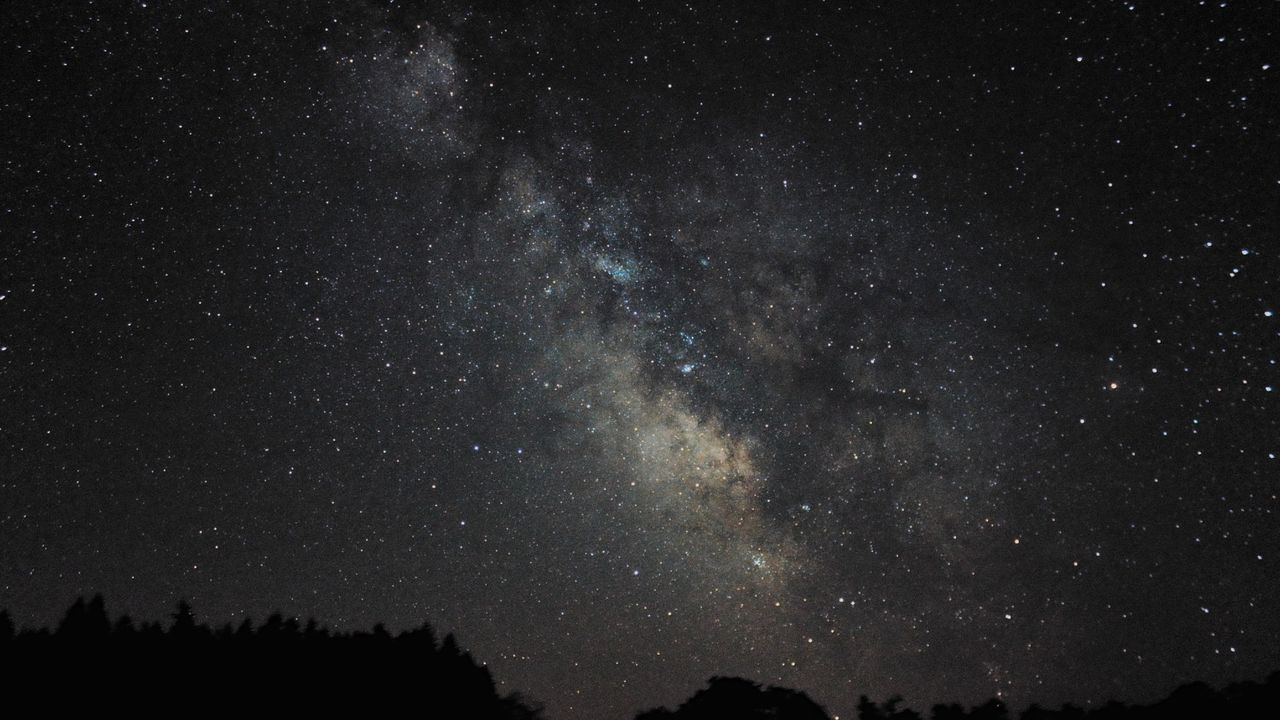
Next week offers a fantastic opportunity to witness the stunning summer Milky Way as the new moon on September 21 creates ideal conditions. With clearer skies and cooler temperatures at night, stargazers can enjoy a breathtaking view of this celestial wonder. It's a perfect time for both seasoned astronomers and casual observers to appreciate the beauty of the universe.
— Curated by the World Pulse Now AI Editorial System
